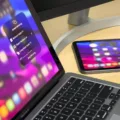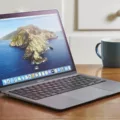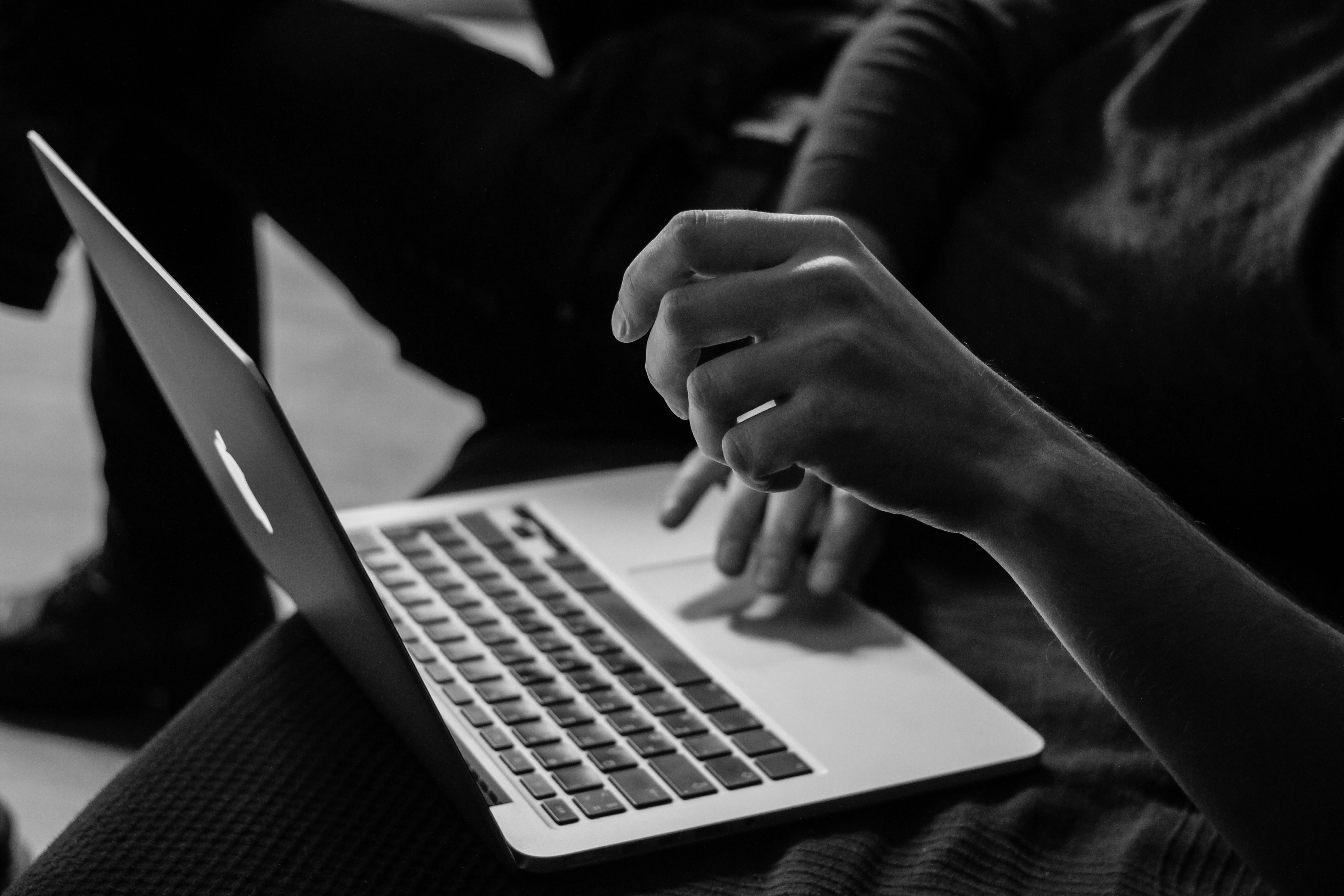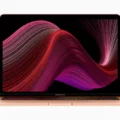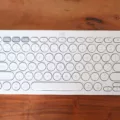If you own a MacBook Air, you’re probably aware that its battery can take a long time to charge. That’s because the standard charger that comes with the device is only 35W. Fortunately, there is an alternative: the 67W power adapter which can drastically reduce charging times.
Recent tests have shown that it takes three hours and 40 minutes to charge a MacBook Air with the 35W charger, whereas with the 67W power adapter, it takes just 120 minutes – a full 100 minutes less than if it was also charging another device.
This difference in charging speed is due to how the System Management Controller (SMC) manages the process of MacBook battery charging. The SMC gathers data on both your charger and your MacBook battery, so if it has incorrect information, your laptop may take longer to charge or may not charge at all.
Fortunately, upgrading to the 67W power adapter can help solve this issue. As long as your SMC has accurate data on your charger and Macbook battery, you should be able to get significantly faster charging speeds with the upgraded power adapter.
So if you’re looking for faster MacBook Air charging times in 2020, consider investing in a 67W power adapter and make sure your SMC has correct information about your charger and Macbook battery for optimal speeds!
Time Required to Fully Charge a MacBook Air
It takes approximately two hours to fully charge a MacBook Air with the 67W power adapter. This is significantly faster than the 35W power adapter, which can take up to three hours and 40 minutes to fully charge a MacBook Air withut an additional device attached. It is important to note that if you are charging another device at the same time, such as an iPhone, it could take up to four hours for both devices to reach full charge.
The Causes of Slow Charging on MacBook Airs
There could be several reasons why your MacBook Air is taking a long time to charge. The most common cuse is a faulty charger or cable, so make sure you are using the correct charger and cable for your specific model of MacBook Air. You should also check that the outlet you are using is working correctly and has enough power to support the charging process. Additionally, if the System Management Controller (SMC) has incorrect information on the charger or battery, then it may be causing the slow charging speed. To fix this issue, try resetting the SMC which can be done by pressing Shift + Control + Option on the left side of your keyboard and Power at the same time for 10 seconds. Alternatively, you can also try resetting your PRAM or NVRAM which can help if an incorrect setting was saved in your Mac’s memory. If none of these solutions work, then it may be time to take a look at your battery health as it might need to be serviced or replaced.
Increasing the Charging Speed of a MacBook Air
To charge your MacBook Air faster, make sure to turn the laptop off or put it to sleep while it is charging. Also, unplug the charger once the device has reached full charge, as leaving it plugged in can reduce the life of the battery. Additionally, if possible, use a wall outlet instead of a USB port or hub for charging. Using an outlet will ensure that you are receiving the fastest charge possible.
Charging Time for MacBook Air M1
It takes approximately two hours and 44 minutes to fully charge a MacBook Air M1 using the included 30W USB-C power adaptor. The laptop will hit 50% charge in about 65 minutes. To ensure maximum battery life, it is best to avoid charging the laptop for more than 18 hours at a time and disconnecting the power adapter when it is not in use.
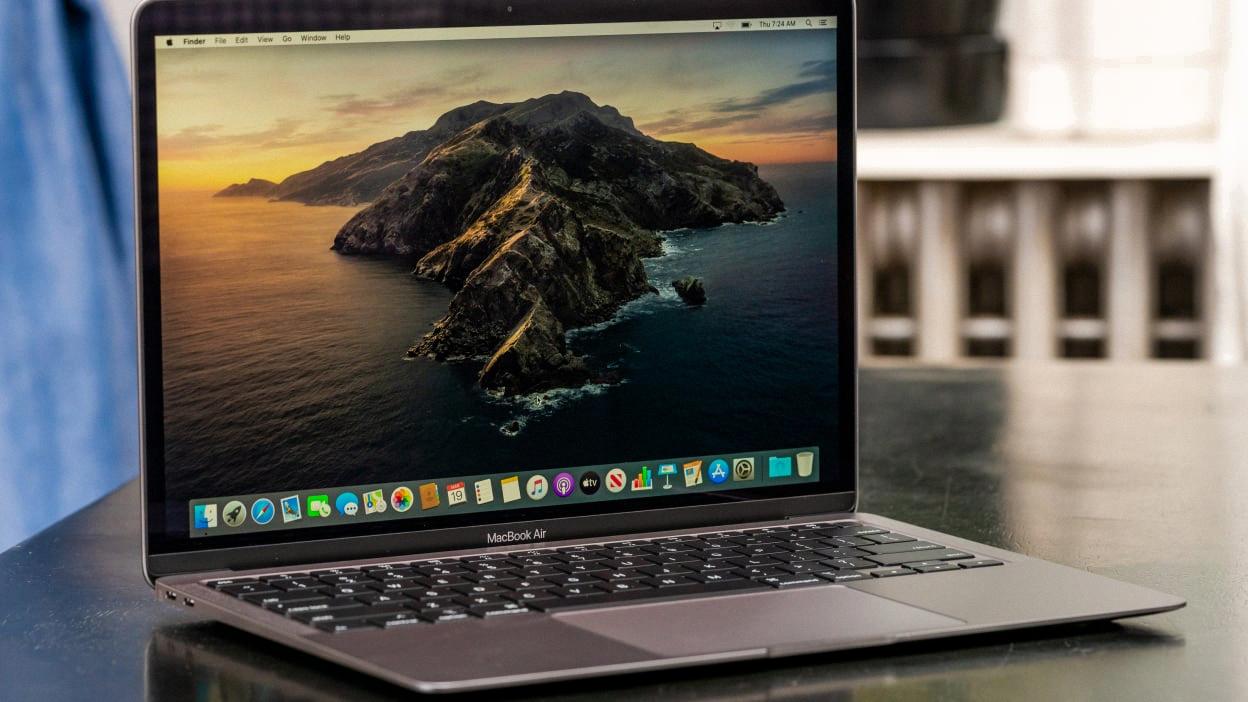
Source: mashable.com
Charging Time for MacBook Air at 50% Capacity
With the USB-C to MagSafe 3 Cable and optional 67W USB-C Power Adapter, it takes approximately 30 minutes for the MacBook Air with M2 chip to charge up to 50%. You can check the battery’s charge by looking at the battery status icon at the right of the menu bar to see the battery level or charging status.
Charging a New MacBook Air for 8 Hours
No, you don’t need to charge your new MacBook Air for 8 hours. For the safest and most efficient charging process, it’s best to charge the laptop until its battery is full, which is usually indicated by a green light on the charger. This usually takes around 2-3 hours depending on your laptop model, so an 8 hour charge is unnecessary.
The Effects of Overcharging a MacBook Battery
No, you cannot overcharge a MacBook battery. The battery is designed to automatically stop charging when it reaches full capacity. This means that you do not have to worry about it getting damaged if you leave your laptop plugged in for extended periods of time. It is important to note, however, that you should stll avoid leaving your laptop plugged in all the time. Unplugging it and using the battery at least once or twice a month will help keep the battery healthy and extend its life.
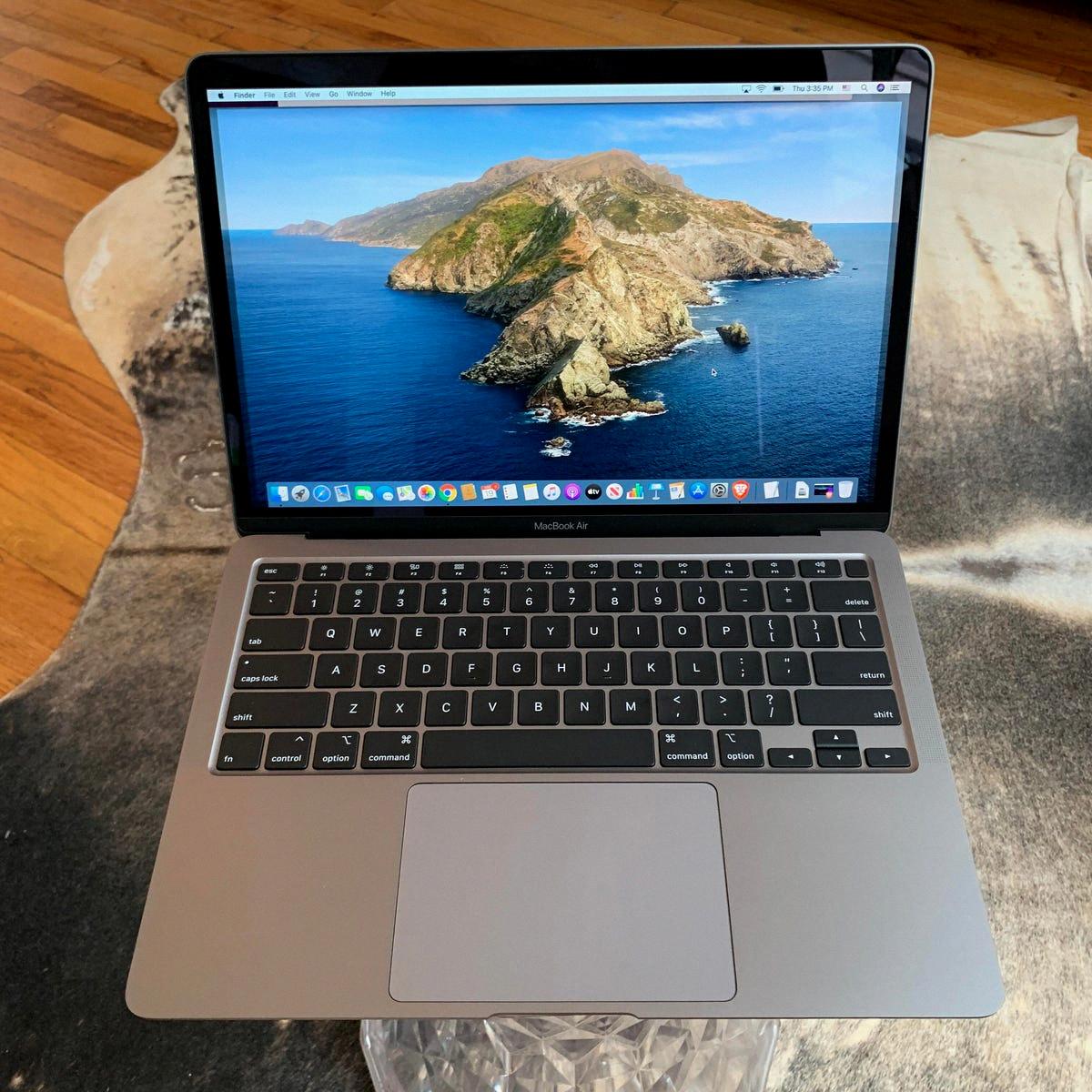
Source: cnet.com
Conclusion
The 2020 MacBook Air can be charged quickly and efficiently with the 67W power adapter. It took only three hours and 40 minutes to fully charge the laptop without any additional device attached, which is over an hour faster than with the 35W adapter. If the System Management Controller has incorrect data on either the charger or the battery, however, charging time may be significantly slower or not occur at all. In any case, it’s important to make sure that all information is correct in order for charging to take place as quickly as possible.

